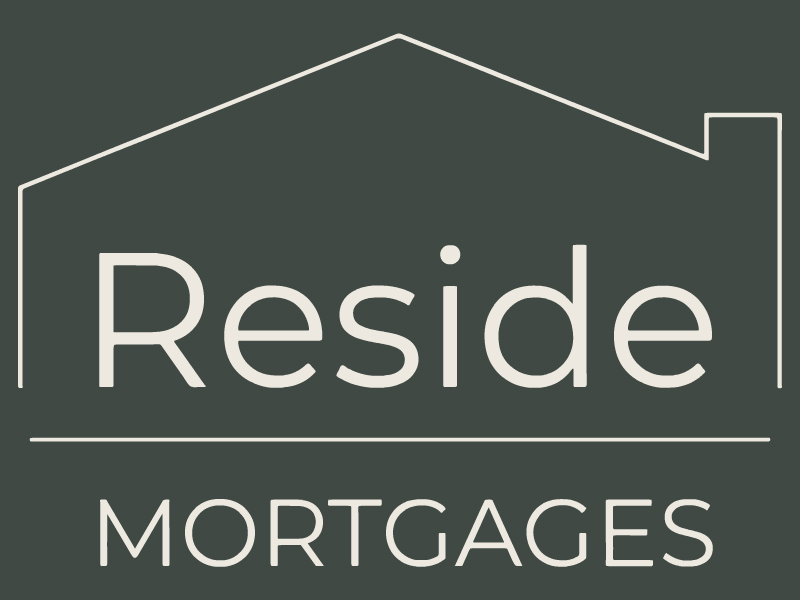When you buy a property, it does take a bit of cash along the way, so an outline of some charges you can expect are:
Legal fees – These vary so much from Solicitor to Solicitor so it’s a good idea to do some research and also understand how much is due and at which point. All expect a deposit upfront then the balance is usually due when you want to exchange and then complete. It’s at this point that your deposit is paid along with any other taxes or charges due.
Arrangement fees – These can usually range anywhere from £495 – £1,999 but can of course be more or less. They usually average around £999. Arrangement fees can be added onto the mortgage so you avoid paying them upfront, which is a great idea. However, to avoid paying interest on that amount, you can pay them off once you complete.
Valuation fees – Some lenders charge a valuation fee, but a lot of them don’t. They average around the £100-£300 mark, are paid on application and are non-refundable if the valuation is carried out. N.B. These valuation fees vary with some lenders depending on the property value.
Booking fees – These aren’t as common as arrangement fees but can still apply. They can vary from anywhere around £199 to £1,000’s depending on the lender. The only real difference between these and arrangement fees is that booking fees normally need to be paid upfront on application and can sometimes be non-refundable.
CHAPS – Just the one-off fee for transfer of the money from the bank (normally via the Solicitor), usually about £35 but again this varies from lender to lender.
Redemption fees – Some lenders charge a redemption fee. A redemption fee is just a one-off ‘admin fee’. These charges can typically range from £65-£225
There’s no real reason for these fees anymore – it’s just a money maker for the banks and building societies, but it’s factored into the overall cost; so sometimes it is worth going with a lender who charges one.

A lot of lenders don’t tend to charge them and they’re only paid when you leave a lender.
So if you repay the mortgage in full or leave the lender and remortgage to a new lender, that’s when you’re charged. If you’re remortgaging, they normally just get added onto the new mortgage balance, so you rarely pay them in ‘cash’.
Moving costs – Don’t forget to factor moving costs into your budget. A van, a moving company if needed etc. One that gets forgotten a lot. And one that can easily add a fair chunk onto your cost!
Your first mortgage payment, depending on when you complete, it’s normal for the bank to charge you a different amount for your first mortgage payment. Often it can be a month and a half for your first payment or even half a month.
They will always write to you in plenty of time advising when it will be taken and how much it will be.So just make sure there’s enough in your account for then.
Following your first payment it will return to the standard monthly amount and date shown on the offer documents.
[That covers the important stuff, but let us know if you have any other questions. ]


